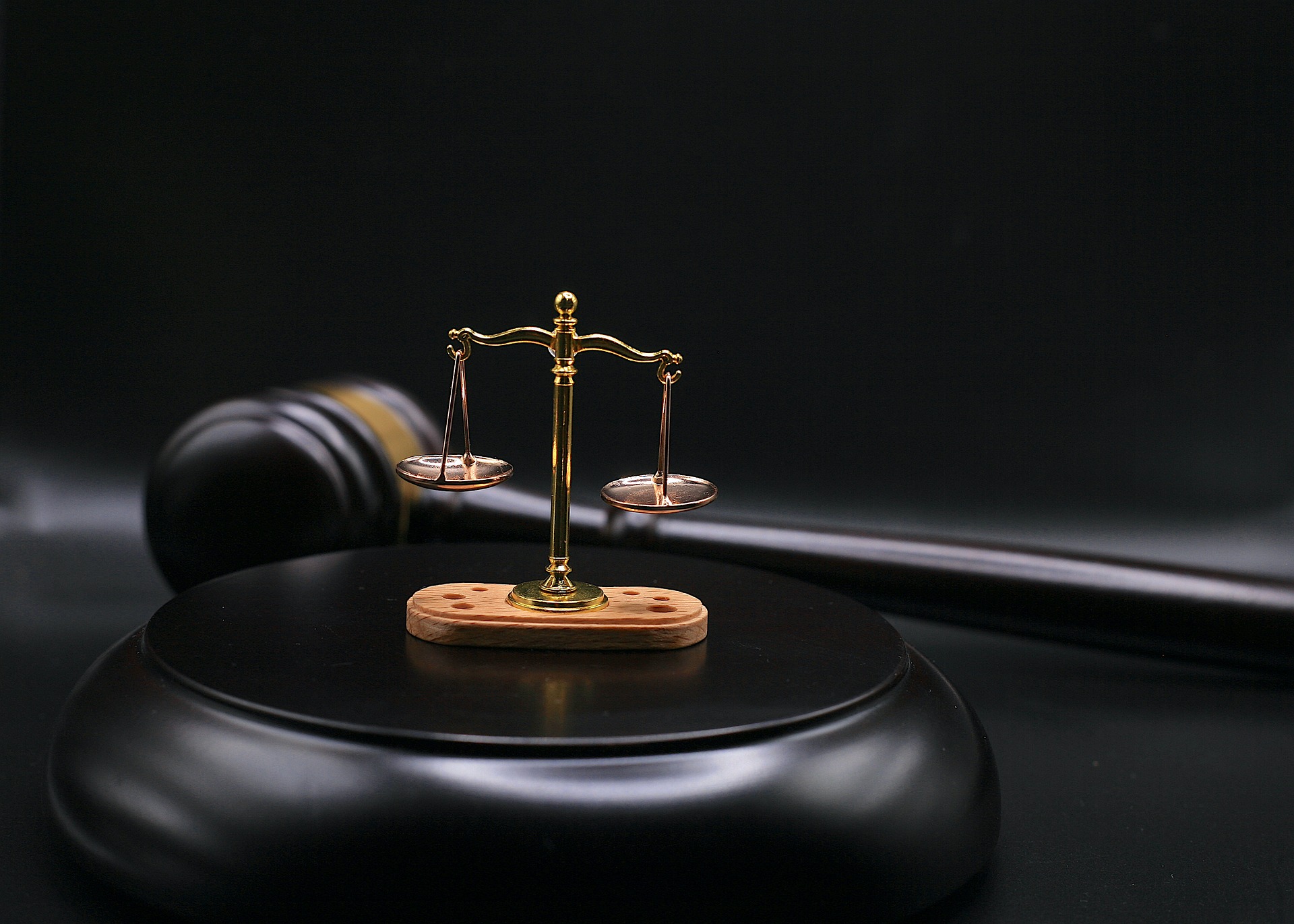Amidst the contempt of court being used as a sword against PTI leaders, particularly former prime minister Imran Khan, an Islamabad High Court judgement in another contempt petition filed against Fawad Chaudhry’s diatribe comes like a cool breeze on an oppressively hot summer day. Dismissing the petition filed “without merit”, the Honourable IHC Judge remarked, “the authority of this court must rest on the quality or merit of judgements and not by imposing judicial censorship on criticism of judgements. This court is therefore not convinced that even intemperate and misconceived criticism on the judgement of this court by the Respondent (Fawad Chaudhry) would cause serious or substantial detriment to the administration of justice by this Court…”
In the case, Fawad Chaudhry was accused that the expression of his opinion in the programme broadcast by Dunya TV tends to scandalise IHC and its judges due to intemperate criticism against a judgement rendered by IHC. However, the court dismissed the petition without merit. The landmark judgement, announced a couple of days ago, by Honourable Mr Justice Babar Sattar is a ray of hope when the right to free speech is under attack in the country. The IHC judge also quoted an apex court judgement in the “Syed Masroor Ahsan” case, saying, “jurisdiction in contempt case is not to be invoked unless there is real prejudice which can be regarded as a substantial interference with the due course of justice.”
In light of this IHC judgement, we, like the authorities in Northern Ireland, must consider whether the offence of scandalising the court should exist in the modern era of social media. The UK Parliament had to scrap the offence of scandalising the court in 2013, admitting that it is detrimental to the right to free speech guaranteed by Article 10 of the European Convention on Human Rights. Before the abolition of the offence, publication of disappointed litigants’ descriptions could land the contemners in prison for up to two years for the offence of scandalising the court. When the Birmingham Daily Argus described a judicial member as such in 1900, it was punished with a £100 fine. The parliament made amendments to the Criminal Justice Act (Northern Ireland), 2013, and, abolished scandalising the judiciary as a form of contempt of court. “Scandalising the judiciary (also referred to as scandalising the court or scandalising judges) is abolished as a form of contempt of court under the common law.”
The abolition of the offence came after Peter Hain MP, the former Secretary of State for Northern Ireland, was charged with contempt after he had published his autobiography in 2012. Mr Hain faced contempt charges for saying that he “thought the judge off his rocker” (the judge was mentally impaired). He also accused the judge of “high-handed and idiosyncratic behaviour”. He even said he had wondered whether the judge’s legal opinion had been motivated by displeasure at some of Mr Hain’s tax policies. The Labour MP criticised Lord Justice Girvan’s handling of a judicial review application in his autobiography. Although the charge was dropped, the case provoked a debate as to whether the offence of scandalising the court was in breach of article 10 of the European Convention on Human Rights, which protects free expression.
Lord Pannick proposed an amendment abolishing the offence to the crime and courts bill. Scandalising the judiciary—or murmuring judges, as it is known in Scotland—has not been successfully prosecuted in England and Wales since 1931, but is more common in former colonies that have adopted the UK’s system of common law. The Law Commission, which is a non-political independent body established by Parliament, in 1965, to keep all the laws of England and Wales under review, also favoured the abolition of the contempt offence.
It investigated the offence, which dates from 1765, following the attempted prosecution of former Northern Ireland secretary Peter Hain. The Law Commission consultation papers say the offence of committing contempt by scandalising the court was ambiguous—many lawyers and judges believe it is obsolescent. Likewise, critics thought that it was probably incompatible with the right to free speech guaranteed by Article 10 of the European Convention on Human Rights.
Out of forty-six responses, thirty-two were in favour of abolition without replacement. Two judges favoured retention; two favoured a replacement offence, and four a revised form of contempt. The remaining responses expressed no view on the proposals. Meanwhile, there have been no successful prosecutions for the offence in England and Wales, since 1931. On 14.02.2001, Michalakis Kyprianou, a Cypriot lawyer, was interrupted during his cross-examination in a murder trial by the judges hearing the case.
For gesturing and shouting at the judges of the court, the Assize Court held that Kyprianou’s declarations attempted to create a climate of intimidation, and sentenced him to five days imprisonment as an adequate response to his conduct. Against the verdict, the appellate court delivered a majority judgment of eleven. Judges Bratza and Pellonpää, Judge Zupančič and Judges Garlicki and Maruste all delivered concurring judgments. Judge Costa delivered a partly dissenting judgment. The central issue for determination was whether the restriction of Kyrpianou’s freedom of expression through the conviction and penalties for contempt of court was necessary for a democratic society.
All parties accepted that convicting Kyprianou for contempt of court constituted an interference with his right to freedom of expression enshrined in Article 10(1) and that it was prescribed by law and pursued the legitimate aim of preserving the judiciary’s authority. On the other side, the Cypriot Government argued that lawyers’ freedom of expression within a courtroom could be restricted to preserve the judiciary’s authority
The Court emphasised that when determining whether a restriction is necessary it must ascertain if the interference responded to a “pressing social need” [para. 171]. The Court asserted that “[i]n particular, the Court must determine whether the measure taken was ‘proportionate to the legitimate aims pursued.’” Judges Bratza and Pellonpää agreed with the majority on most counts except that there was subjective bias on the part of the Assize Court’s judges when sentencing the Applicant to five days’ imprisonment. However, there is no comparison of the remarks delivered by Peter Hain and Michalakis Kyprianou with the controversial statement of PTI Chairman, Mr Imran Khan he made against the learned Additional District & Sessions Judge, Ms Zeba Chaudhry.
Last Thursday, a five-member bench of IHC decided to indict the former prime minister in contempt of court proceedings against him, calling his response “unsatisfactory”. The court found unsatisfactory the supplementary response filed on behalf of Mr Imran Khan as an explanation of his speech about which contempt proceedings have been initiated, and “charges against the former prime minister will be framed on September 22 at 2:30 pm”. As the UK Law Commission after wide consultation recommended, in 2012, “that scandalising the court should cease to exist as an offence or as a form of contempt”, questions arise for us too: “Should judges in this country be immune to criticism and accountability?” and “How long restrictions on free speech to deter criticism against judges would be construed narrowly?”





